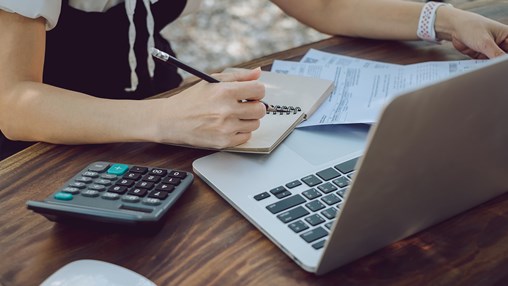Five tips for using a credit card responsibly
Five tips for using a credit card responsibly
8/20/2019One of the most widely used consumer financial products is the credit card. It can provide a sense of security, the ability to make large purchases easily, and a way to build up your credit score. They can be especially useful in emergencies when money is needed quickly or for making big ticket purchases.
However, the convenience and accessibility of a credit card can also get some shoppers in trouble. The temptation to max out a credit line or spend more than you can reasonably pay back can result in large interest fees and, in some cases, a slow road toward debt repayment. When debt is carried on a balance from month to month, cardholders may incur additional charges and interest.
When used strategically, credit cards are a valuable financial tool. To ensure you get the most out of your credit card - and don't rack up too much debt - follow these best practices:
Buy only what you can afford to pay for with cash.
This means that even though you are using your credit card to make a purchase, you have the same amount in cash available (or will soon). By doing this, you can avoid overspending.
Pay your credit card bill in full each month and avoid minimum payments.
Paying your bill in full helps you avoid incurring interest charges. If paying it in full is not a possibility, pay as much as you can - and not just the minimum payment.
Pay your bill on time each month.
Your ability to pay your bill on time each month influences your credit score. If you make your payments late, it may not only negatively affect your credit score, but you may also be charged a late fee. An easy way to avoid late payments is to set up automatic payments before your bill is due each month.
Always stay well below your credit limit.
Having a high limit doesn't mean you should try to reach it. Your credit utilization ratio is the ratio between the total balance you owe and your total credit limits across all of your credit cards. This ratio heavily impacts how your credit score is calculated. A higher ratio has a negative impact, whereas a lower ratio has a positive impact.
Figure out how much you owe and how long it will take you to pay it off.
By using a debt calculator, you can take the guess work out of debt repayment. Simply input your card's current balance, monthly payment and interest rate to learn how long it will take to pay off your card and how much interest you can expect to pay. Use our debt repayment calculator to get a better understanding of how long it takes to pay off credit card debt.


